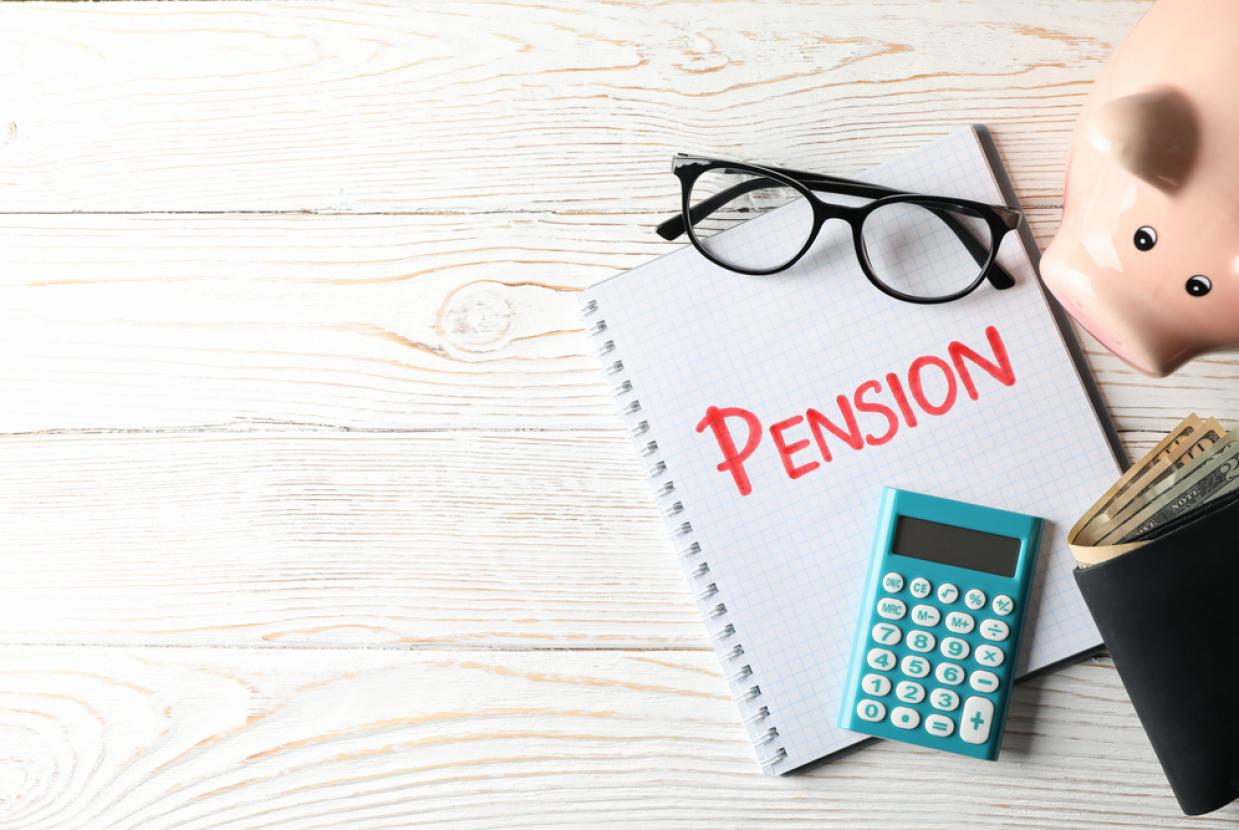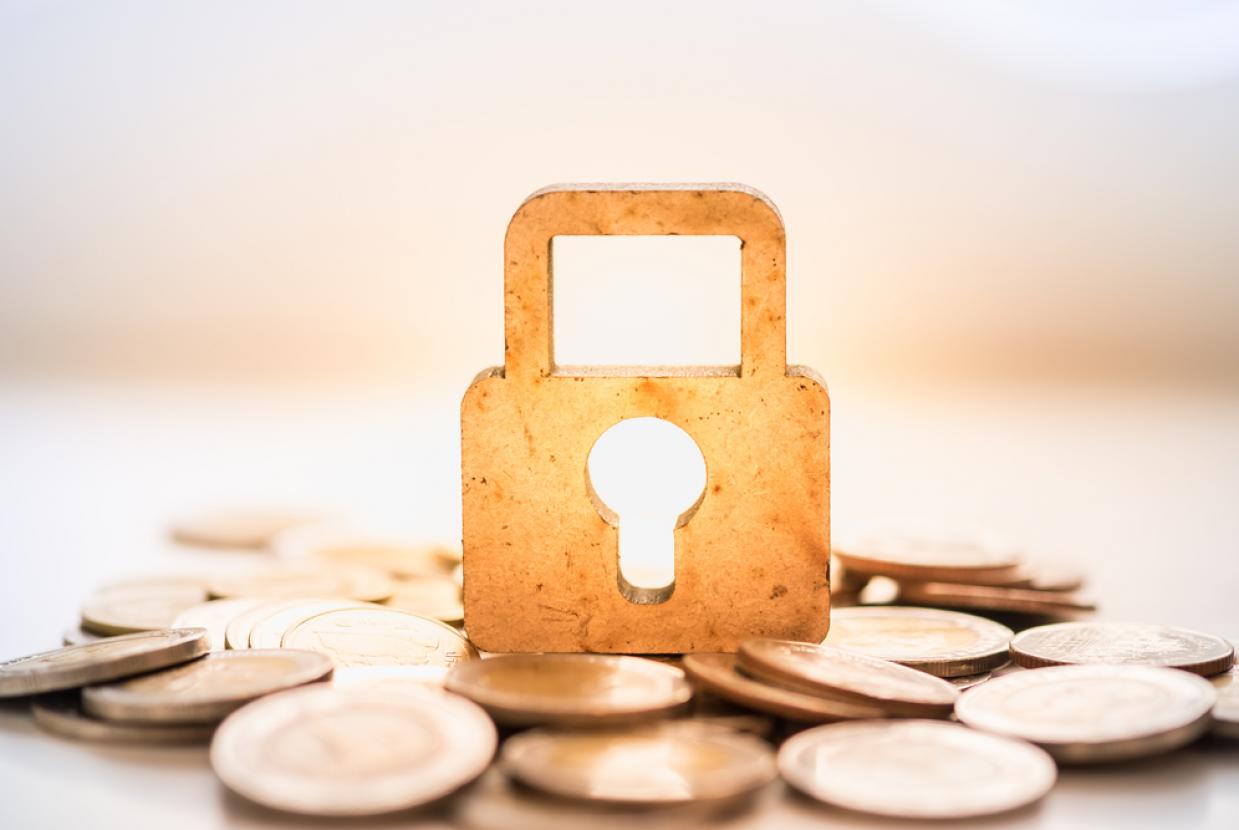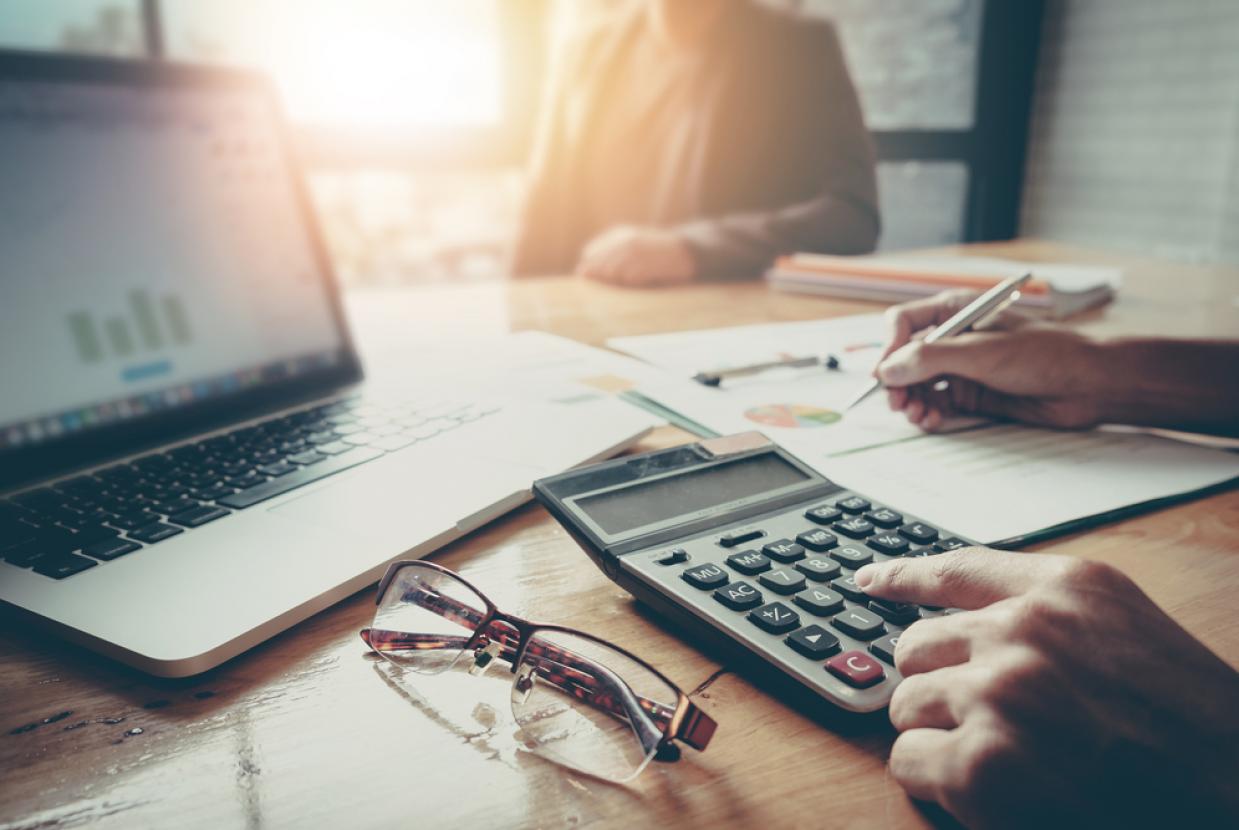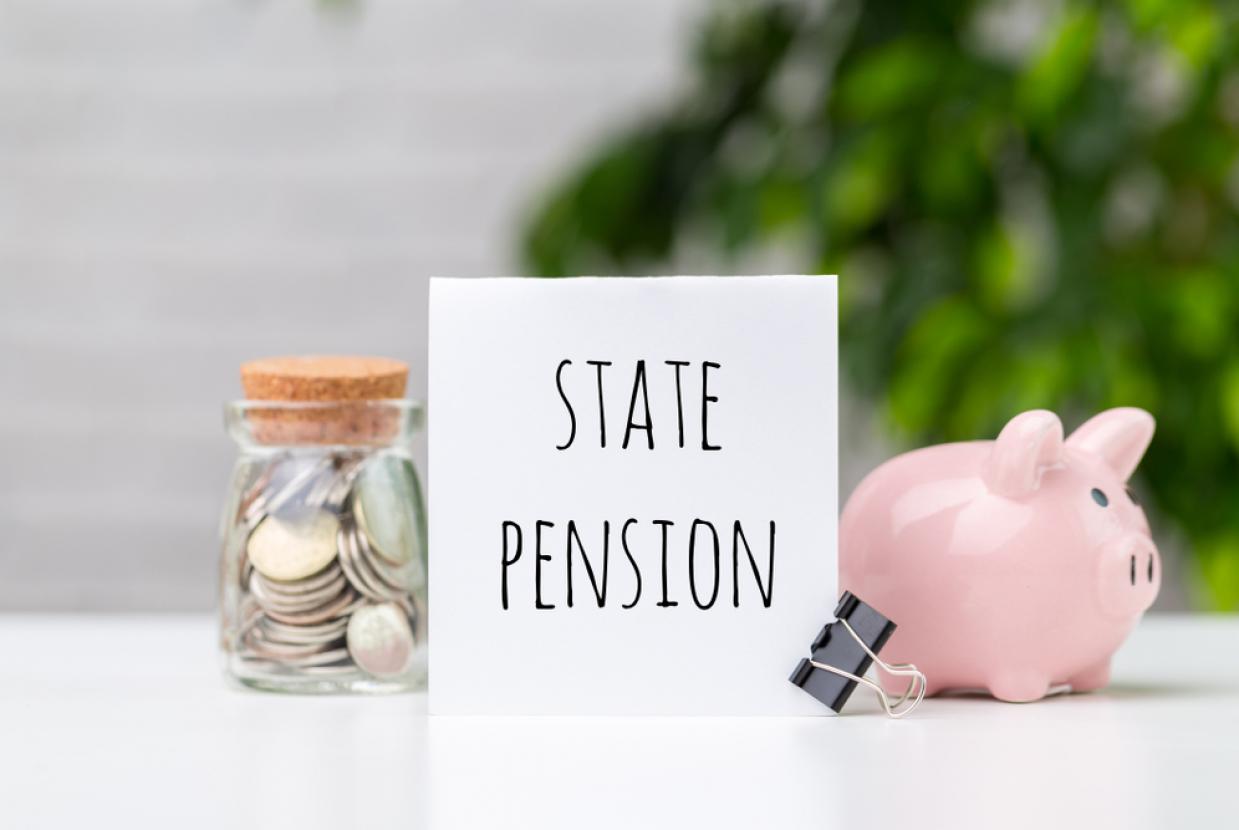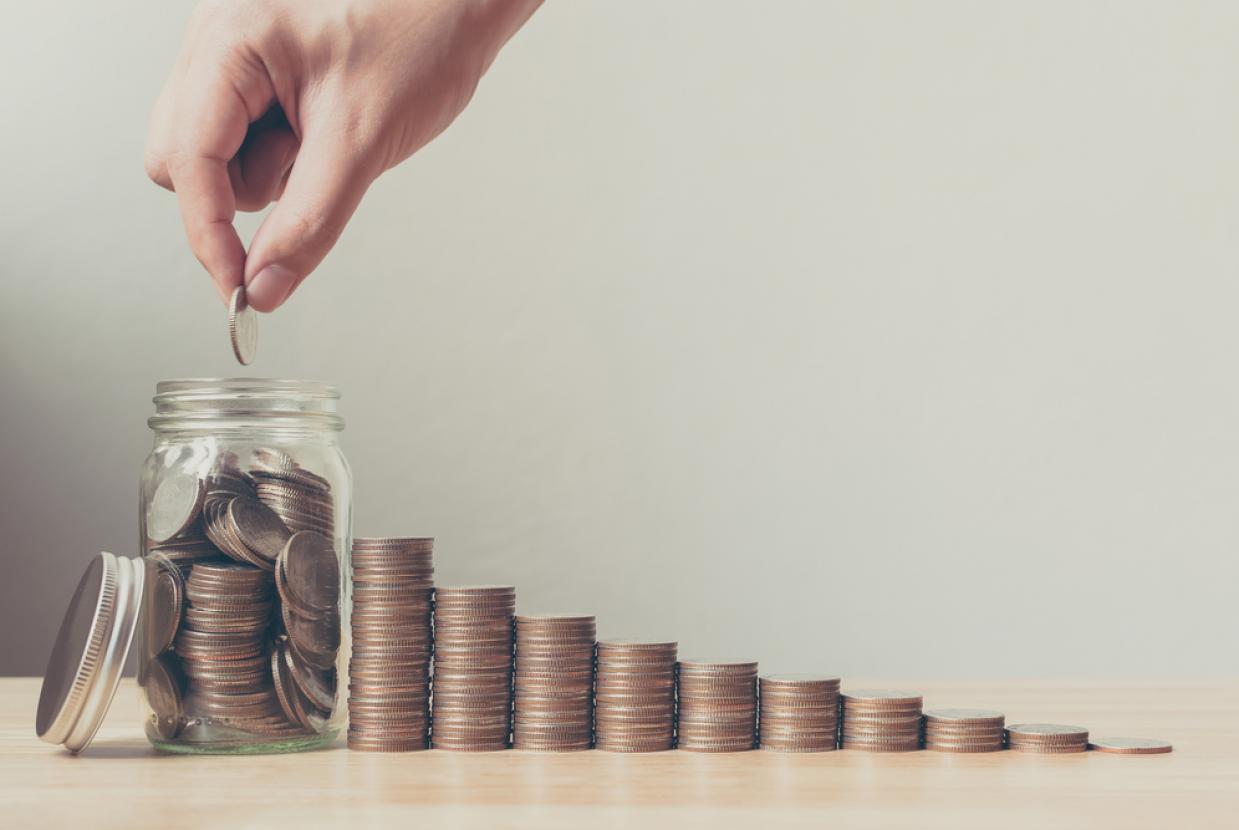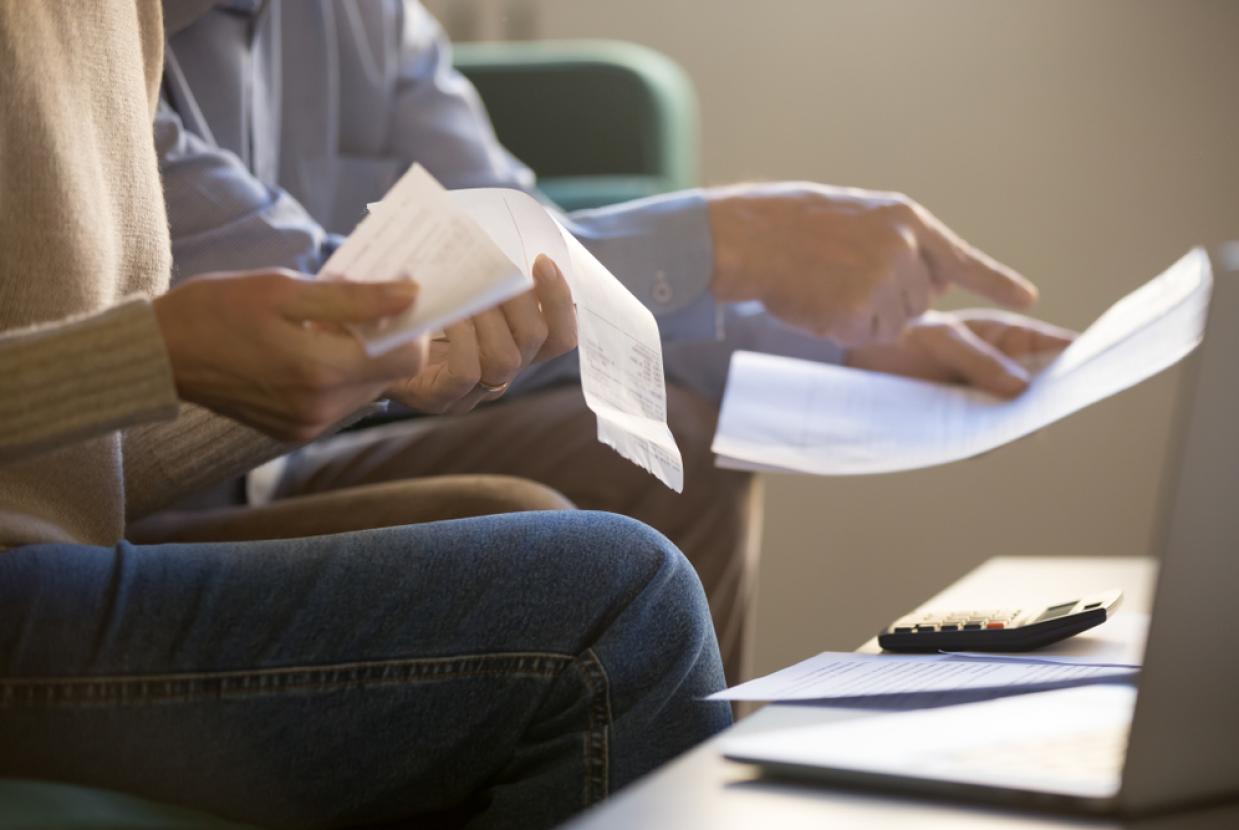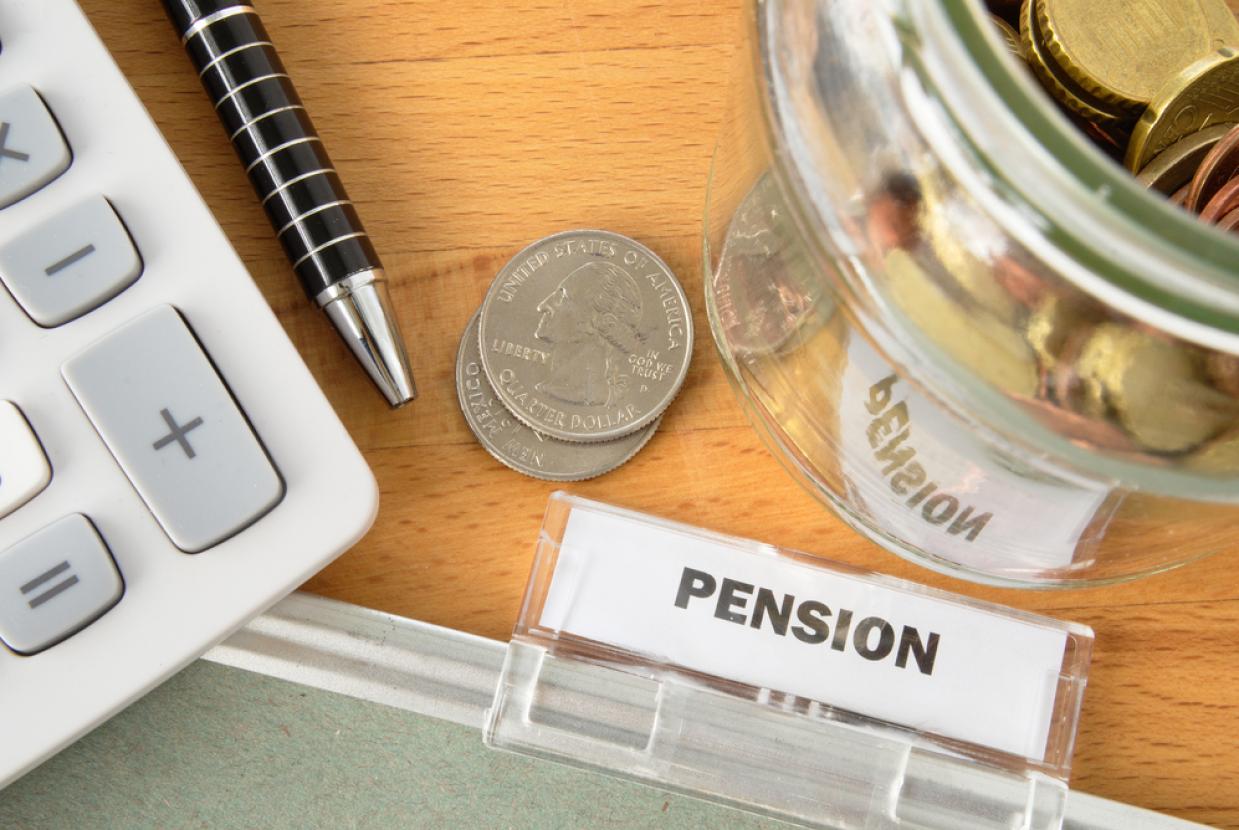Pensions After You Pass Away
Thinking about death isn’t easy, but it’s important to understand what will happen to your pension when you die, and what the tax implications will be of passing on your pension. How your workplace pension or one you’ve set up yourself might be paid to your beneficiaries when you die depends on what type of pension you have.
Defined benefit or defined contribution pension
A defined benefit pension
This type of pension pays a retirement income based on your salary and how long you’ve worked for your employer.Defined benefit pensions include ‘final salary’ and ‘career average’ pension schemes.Generally, these are now only available from public sector or older workplace pension schemes.
A defined contribution pension
This type of pension allows you to build up a pension pot to pay you a retirement income based on how much you and/or your employer contribute and how much this grows.This is also known as a ‘money purchase’ scheme. They include workplace and personal pensions.
What happens to defined benefit pensions?
If you have a defined benefit pension, any money to be paid to your beneficiaries will be as outlined in the scheme’s rules.
Check with your pension administrator to find out what your beneficiaries might be entitled to when you die, as the rules of each scheme are different.
Your pension administrator might pay a dependant’s pension to:
- your spouse or civil partner
- your child(ren), providing they are under the age of 23 and in full-time education
- your child(ren), if they’re mentally or physically impaired
- anyone who was financially dependent on you (or where you both relied on each other financially) when you died, including a partner you weren’t married to or in a civil partnership with.
The pension they will get will be a percentage of the pension you were getting (or would have got if you die before your pension started being paid).
Any income paid to a dependant will be taxed as earnings at their marginal rate.
Lump sums
The following lump sums might be paid to your beneficiaries when you die:
- Death in service lump sum - If you die while an active member of your defined benefit pension scheme, your beneficiaries might get a lump sum. This is often a multiple of your salary. This is paid tax-free if the member died before their 75th birthday. This is unless they died before the age of 75 and the amount wasn’t paid out before the end of a two-year window period after their death. This is described below.
- Refund of member contributions - Defined benefit pension schemes might also pay a refund of the contributions paid by the member, if the member dies before starting to draw their pension. This is subject to the scheme’s rules. Interest might also be added to the refund of contributions under some scheme’s rules.
- Pension protection lump sum - If your pension is being paid, there’s often a guarantee period (usually 5-10 years). If you die within the guarantee period, a lump sum might be paid to your beneficiaries. This lump sum is usually the value of the pension payments which are due to be paid between your death and the end of the guarantee period. This is paid tax-free if you die before the age of 75. Otherwise, it’s taxed as earnings on the person(s) receiving it. There might be Inheritance Tax too, as these payments form part of your estate.
- Trivial commutation lump sum death benefit - Dependants who are entitled to receive a pension when you die might be able to opt to receive a one-off lump sum instead of a regular income. This may be paid when the value of a dependants’ pension or remaining guaranteed instalments of the pension is no more than £30,000. This is usually an option if the dependant’s pension is fairly small and is taxed at the recipient’s marginal rate of income tax.
What happens to defined contribution pensions?
If you die and you still have money in your pensions, there are number of options as to how it can be paid out. The tax position depends on how old you are when you die.
What are the options?
Your beneficiaries can choose to take the pension in a variety of ways. Here's how they work.
If no money has been taken from the pension when you die
Your beneficiaries can usually withdraw all the money as a lump sum, set up a guaranteed income (an annuity) with the proceeds or, they may also be able to set up a flexible retirement income (pension drawdown).
It's not always possible for your beneficiaries to use flexible retirement income to draw down from the pension pot rather than taking a lump sum or annuity. However, they may be able to move the pension to another provider to do this. You should check what death benefits different pension schemes offer.
If you've chosen to take a flexible retirement income and are in pension drawdown when you die
Your beneficiaries can take the remaining money left as a lump sum, set up a guaranteed income (an annuity) with the proceeds or, they may also be able to continue with flexible retirement income (pension drawdown).
It's not always possible for your beneficiaries to use flexible retirement income to draw down from the pension pot rather than taking a lump sum or annuity. However, they may be able to move the pension to another provider to do this. You should check what death benefits different pension schemes offer.
If you had set up a guaranteed income (an annuity)
What is payable will depend on the options you selected when you set the annuity up.
If you set the annuity up on a joint life basis, your beneficiary will continue to receive a proportion of the income you were receiving.
Be aware that if you opted for a single life annuity, the payments would stop when you die.
There might be further payments if you had a guarantee period and died within the guarantee period. In this case income will continue to your beneficiary until the end of the guarantee period. A lump sum could also be payable if value protection were included.
What happens if I die before the age of 75?
If you die before you’re 75, anyone who inherits your pension fund won’t pay any tax. This is subject to the money being paid (or moved into another arrangement for payment as income or lump sums in the future) within two years of the earlier of the following dates:
- The date the pension scheme administrator first knew of your death, or
- The date the scheme administrator could reasonably have been expected to know of your death.
If you die before the age of 75, any pension that has not been accessed already will be tested against your lifetime allowance. Once tested at this point, no further tests against the lifetime allowance will take place.
If a pension has been accessed and a guaranteed income (an annuity) or flexible retirement income (pension drawdown) set up, these will have been tested when set up and no further tests would take place before 75. The lifetime allowance is the limit you can build up in pensions over your lifetime while still enjoying the full tax benefits.
For the tax year 2021-22, the lifetime allowance is £1,073,100. The lifetime allowance will remain at this level until 5 April 2026.
If this allowance is exceeded, a tax charge must be paid on the amount above the allowance. However, any pension that a beneficiary inherits won’t count towards their own lifetime allowance.
What happens if I die after the age of 75?
If you die after 75, anyone who inherits your pension will be taxed on any income received as earnings at their marginal rate of Income Tax. If your beneficiaries select to take money out through flexible retirement income (pension drawdown) then they will only be taxed on any income they take, in the tax year that they take it.
There are no lifetime allowance tests carried out if you die after age 75.
What about Inheritance Tax?
Any assets left when you die, such as cash or savings, even if they were originally part of your pension pot, will be part of your estate for Inheritance Tax purposes.
In most cases, any pensions you have can be passed outside of your estate and so won’t be subject to Inheritance Tax. However, for this to be the case, the pension scheme administrator would need to have discretion as to who the benefits are paid to.
State Pension
Generally, when you die, your State Pension will stop being paid. There are a few situations where your spouse or civil partner might inherit some of your State Pension.
Be aware that it isn’t possible for anyone other than a spouse or civil partner to inherit a State Pension. The rules on inheriting a State Pension are complex. They depend on what each of you have built up and when each of you reached State Pension age.





